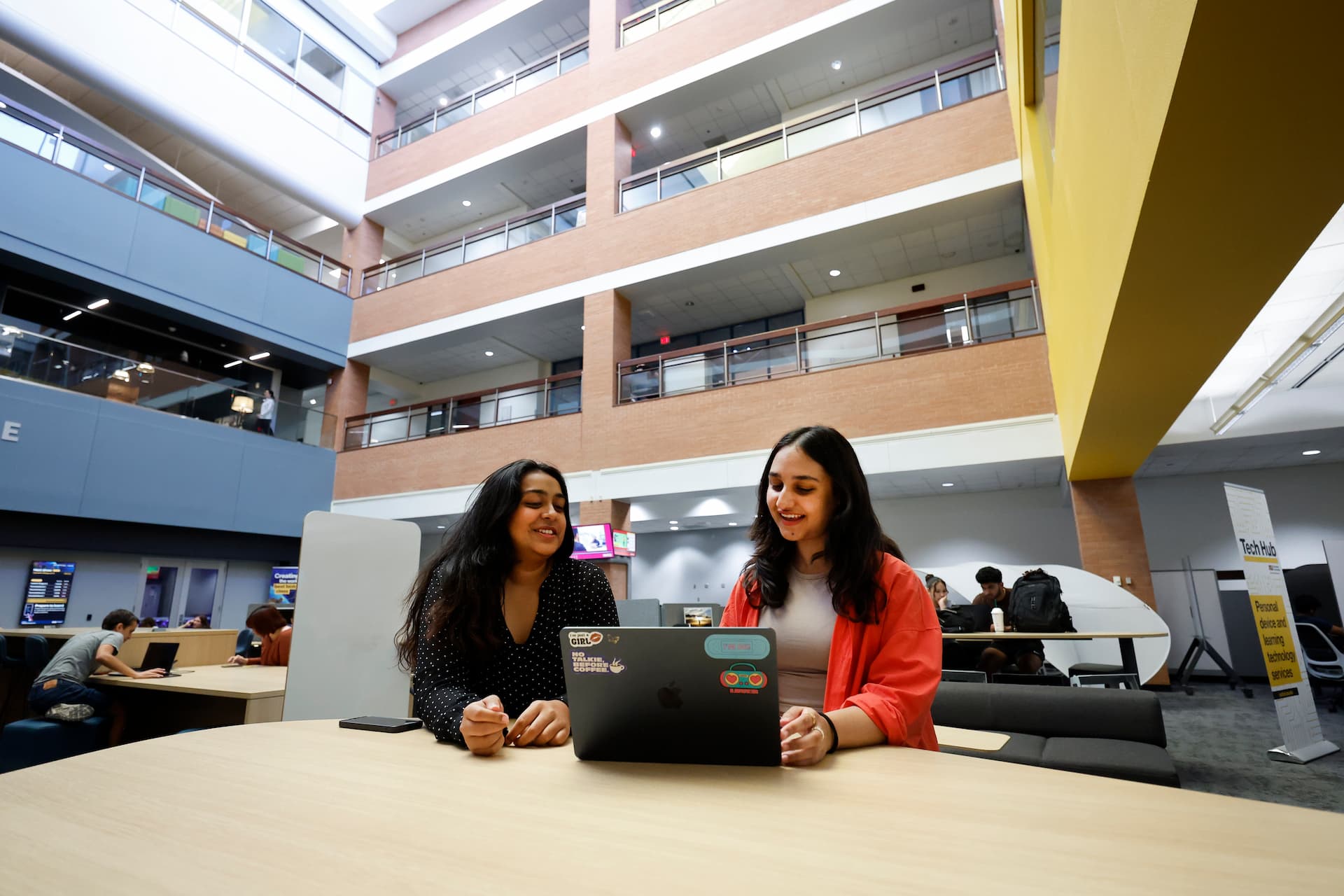Principles for Quality Education-to-Career Guidance
.jpg)
Today’s postsecondary institutions are addressing several complex challenges, from strengthening enrollment, to advocating for the value and relevance of higher education, to addressing the academic and nonacademic barriers students experience as they pursue their education and career goals. Meaningful progress has been made in recent decades to broaden access to postsecondary education and support students in completing what they started. However, although more students are completing postsecondary education, almost half are not working in college-level employment a decade after graduating.
Guidance in connecting education to a career can make the difference in improving completion and postcompletion outcomes. When grounded in effective practices including proactive outreach and comprehensive support, coaching is associated with improved persistence and graduation rates. The benefits of career-focused support extend beyond graduation as well. More than two-thirds of students who received coaching and guidance to connect their education to a career had a college-level job right out of college.
Yet as powerful as it can be, only 1 in 5 students at four-year institutions and less than 1 in 4 students at two-year institutions currently receive quality education-to-career guidance.
Timely education-to-career guidance can strengthen the connection between education and opportunity.
The Principles for Quality Education-to-Career Guidance were developed by an advisory group of leaders and practitioners from postsecondary education, nonprofit organizations, and workforce development organizations. They came together to identify the practices, services, and resources that are key to supporting students through a successful transition through education and into careers.
Principles for Quality Education-to-Career Guidance
Created by Quality Coaching Advisory Group convened by Strada Education Foundation
- Centered on education-to-career outcomes
- Integrates proactive support for academic success with ongoing career exploration and planning.
- Directs students to identify education programs aligned with career pathways.
- Provides students with timely labor market and career insights for informed academic and career planning.
- Driven by student agency
- Supports students in exploring and recognizing their interests, values, and purpose.
- Guides students in building mindsets, skills, and a sense of belonging critical to success.
- Validates the student’s identity and responds to the student’s personal circumstances and goals.
- Foundational and universal
- Embedded in existing programs and services to ensure students receive guidance early on and continually.
- Engages students proactively and through multiple channels with the support of scalable technologies.
- Reaches and benefits students who have been traditionally least served by postsecondary education.
- Rooted in relationships
- Based in interactions and relationships between students and faculty and staff.
- Connects students to networks, resources, and services and builds social capital.
- Engages students' communities of support.
- Informed by data and evidence
- Leverages data to provide personalized and timely support.
- Incorporates recognized, evidence-based practices.
- Measures outcomes and continually improves through research and evaluation.
.jpg)






.jpg)






.avif)




